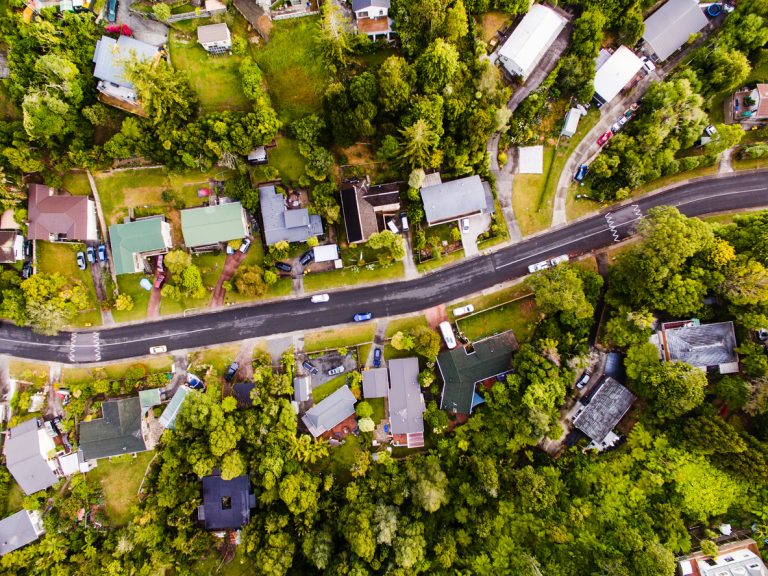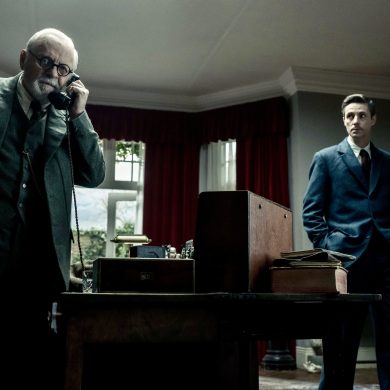Podcast Transcript
G’day, welcome to Round About – the show that’s all about politics, society, and the people that make the world turn. This show is proudly part of the Auscast Network where you can hear other great shows like the Yeah G’day Podcast and Hong Kong Confidential. This show is recorded on the lands of the Wadjuk people of Perth region, and I pay respects to their elders past, present, and emerging.
On this first episode of Round About, I want to touch on something that’s affecting all of us. Climate Change. It’s something that undeniably exists in the world – yet, we have world leaders who reject the notion that Climate Change is a major issue in todays society. After all, you have Trump opening up protected regions of America for fossil fuel exploration, and closer to home in Australia, you have current Prime Minister Scott Morrison taking a chunk of coal into the House of Representatives. That occurred long before Morrison benefited from overthrowing previous Prime Minister – and man who said that he would not lead a party who was as dedicated on combating climate change as he was – Malcolm Turnbull. Turnbull was ousted partially because of the undercurrent of anti-clean energy members of the Coalition, those who were vocal about the potential of the ‘NEG’ – the National Energy Guarantee. What a name.
Later I’ll share the interview I did with Jordan Osmond, co-director of the documentary Living the Change. A film that looks to New Zealand to see how some citizens are changing their house, their lives, and their towns, to be green and clean. Everything from creating ‘living supermarkets’ where a backyard is turned into an edible jungle of greenery that nourishes the occupants of the house, to green poo: outdoor toilets that allow the occupants to reuse their poo as fertiliser.
Living the Change takes a look at how people can make a small change in their life to reduce their footprint on the world. And, after all, isn’t that something that we need to try do more of? Isn’t it important to try and lead a clean life? This may be easier sad than done, especially for those who are time poor, or financially strained. Thinking of single mothers with two kids, living in a rental property by themselves, trying to work full time, organise dinners, and raising the next generation – it’s not easy for people in this situation to make a change in the world.
Sure, we stopped using plastic bags, and we stopped using straws, but there is still a huge amount of things that can be done to live a greener life. It’s easy to look at the removal of plastic bags from day to day life as the ‘one and done’ thing that will stop climate change in its tracks – and for many, that may be the extent of what they’ll do to live a green life. But, plastic bags and straws are such a small thing in the grand scheme of waste that humans are creating.
These single use items are so prevalent in society that it’s almost impossible to not engage with them on a day to day basis. It’s horrifying how much waste we can create in a week. I recently did a test of gauging how much waste I created in a week, setting aside all of the plastic that I used in one week so I could see what was left over. It was immense. I then went about reducing plastic waste, and choosing recyclable items (I’m talking paper based items, not plastic based recyclable items), and within a few weeks I was able to have a waste free week (meaning, all my waste was compostible or recyclable).
So, how do you reconcile being green, on a budget, when you’re living a hectic, mad life?
What I did was buy things that helped reduce the amount of single use waste that I would have when I shopped. So, I picked up a produce bag from Onya bags that allowed me to get loose vegetables without having to stick them into plastic bags. I also picked up an Onya bread bag which meant that instead of buying prepacked loaves of bread, I was heading to a baker to get freshly baked bread, which in turn meant I was eating healthier bread. I also picked up some beeswax wraps to replace using glad wrap or plastic wrap for my sandwiches. These wraps are able to be reused over and over, with a mere rinse under warm water giving them a refresh. I stopped using plastic water bottles and picked up a Sigg bottle that gave me a nice clean reusable vessel to drink water, and in turn, I used a reusable coffee cup as well.
I also bought a green power switch which allowed me to plug in energy draining items and switch them off once I’d finished using them so they weren’t being zombie power drains and escalating my energy usage when I wasn’t using them. I made sure to turn off my microwave when I wasn’t using it as well. Now, all that is on when I’m not at home or I’m asleep is my modem and my fridge. Everything else is turned off at the wall or via a green power switch.
These are all pretty basic things, but they’re very small things that can make a change. Other things is opting to buy your fruit and vegetables from local produce centres or small green grocers, and if possible, even hit up a farmers market. These places are often cheaper, and are often directly from the farmers themselves, rather than going through a bunch of avenues to hit your local supermarket.
If you’re cleaning at home, have a look for some easy non-toxic homemade recipes. Often these are with items that you’ve already got in the house – such as bi-carb soda or vinegar. They’re cheap, easy to make, and are less of a strain on the environment.
If you can, try use public transport as much as possible. This in itself will usually help get your exercise minutes up as well, as you’ll likely have to walk to the bus stop or train station, and will also be less of a strain on your car as well, reducing costs for vehicle maintenance and day to day fuel consumption.
Set yourself up a vegetable garden. They’re easy to do, and a lot of fun once they get going. They’re often extremely cheap, and if you’ve got kids, it’ll get them out in the sun with their fingers in the soil. It’s also highly beneficial for your mental health as getting your fingers in touch with the earth helps revitalise you in some ways. I’m not sure how!, but I do know that I feel immediately better after doing a spot of gardening.
Also, put up a ‘no junk mail’ sign on your mailbox, and swap out using paper towels for washable cloths.
These are all small things which really don’t impact that much in your day to day life, and hopefully will help you make that small step towards living a greener life. As a project, I recommend setting aside your single use waste that you produce in a week, and then assess the pile and see what waste you can cut out and swap out for greener items.
I say all of this knowing that it bears repeating that living a green life is still a luxury for some. For those who are time poor or cash poor, it’s hard to set up a vegetable garden, or set aside twenty bucks to buy a bag to put bread in. I know that with seeing my nephew growing up, the amount of waste that a baby creates in a day is immense. It’s almost impossible to cut out single use items with a kid, especially with diapers, and their food consumption as well – with the majority of kids food being stored in plastic or single use plastic items, like yogurt sachets or jars of baby food. If you’re cash poor, you’re likely to have to buy items that come wrapped up in a bunch of single use plastics – items that are created for ease of use.
I don’t have an answer as to how to address being ‘green’ with living a cash poor, time poor life, but I can say that by taking small steps in small ways, you’re doing a lot to reduce your footprint around the world. So, while stopping the use of plastic bags, straws, and balloons, is important, and while we all need to do more to live a green life, sometimes that’s all our lives can permit.




